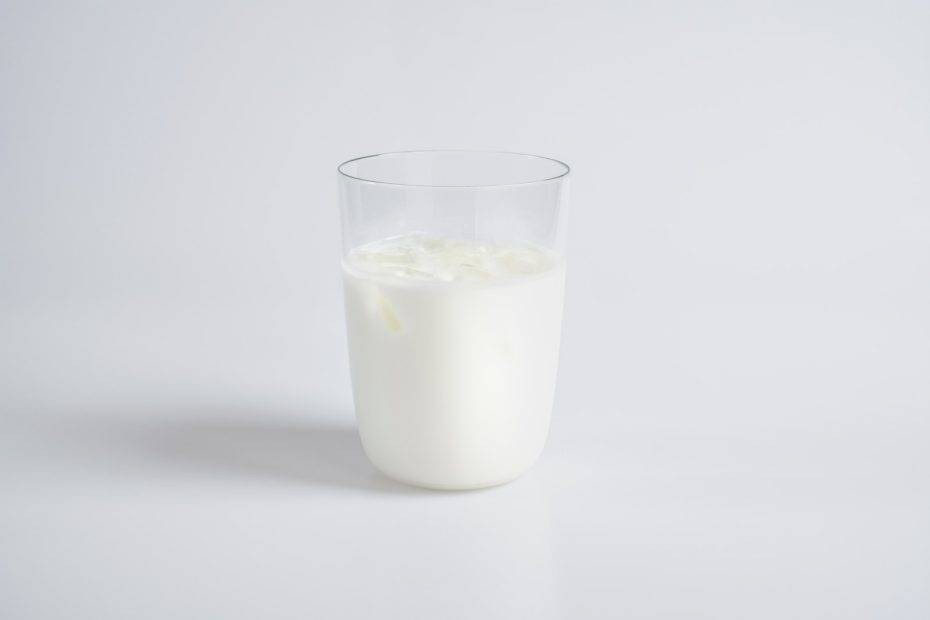Why your kid above 18 months don’t need milk to fulfill his daily calcium requirement?
Have you ever wondered why your pediatrician asks you to skip milk every time your kid suffers from GI upset or gastroenteritis? It may cause many digestive problems like gas, bloating, diarrhea or constipation.
200 ml of milk has close to 250 mg of calcium, and some protein but also GUT DAMAGING lactose, casein, growth hormones, antibiotics, and too much estrogen.
So please STOP having it, and quit forcing your kids to have milk as a source to increase calcium intake. Relying on dairy for calcium sources has more cons than pros.
Replace it with 6 vegan calcium sources that’ll give you an equal amount of calcium without cons.
Ragi flour:
It has almost 375 mg of calcium in 2 chapatis, pair it with a vegetable Katori, and you are done with your calcium intake in your lunch. Moreover, you can make porridge, and pancakes by pairing them with a ripe banana.
Sesame seeds:
About 100 gm of sesame seeds provide 975 mg of calcium. Moreover, it is loaded with phytonutrients, and every half-cup is cooked. It is d protein necessary for the healthy growth of babies.
Fenugreek leaves:
It is a great non-dairy calcium substitute that gives you almost 275 mg of calcium in half cups cooked. It is also rich in Vitamin K which helps in bone metabolism. Offer to bite sizes of them as methi the plas, stuffed methi parathas, and aloo-methi sabji in their breakfast or lunch.
Leafy greens like amaranth:
About 330 mg calcium in half cup cooked form and it is easily absorbed by babies' bodies too. Offer them as saag, in daals 2-3 times a week to fulfill the calcium requirements.
Masoor daal:
1 cup of cooked serving has about 270 mg of calcium. It’s a rich source of protein, and iron as well. Offer daal as soups along with rice and lime, daal parathas, fulkas to include in their lunch menus.
Moringa leaves:
About 100 gm of moringa leaves offer 2500 mg of calcium. Moreover, it is rich in potassium too making it a good supplement for bone growth in babies. We can include fresh leaves in adai or sprinkle moringa powder in porridges, smoothies mixed in muffins, pancakes, and pasta sauce.
